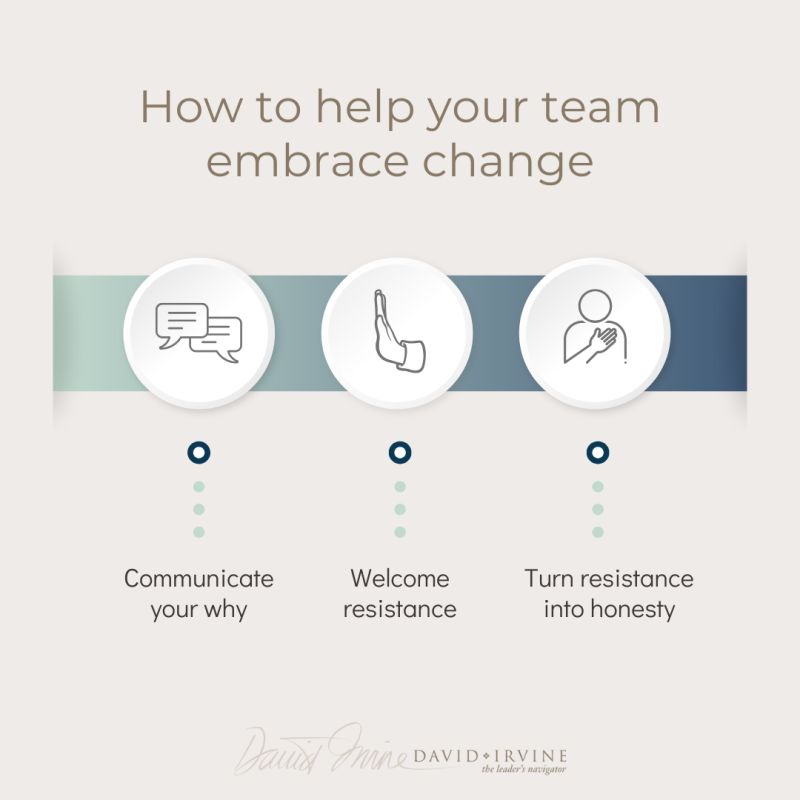FROM TRANSITIONS TO TRANSFORMATIONS: Exaggerating The Essential
My good friend Allan is currently in the hospital recovering from surgery that removed his voice box in response to a rare kind of throat cancer. He’s relying on tubes inserted into his abdomen for fluids and food. As a psychiatrist whose career relied on speaking and sharing his wisdom, his life will never be the same. (A white board that he uses for communicating displays the message in the image above.)
It is expected that he will soon find a way to communicate verbally through the amazing advances in technology. When I asked how he was without a voice, Allan wrote, “I am not frustrated with not speaking. I’ve attended fourteen silent retreats so lots of practice. They were voluntary, but I am surrendering with intention and permission to slowing down my typing and keeping things short while I’m here.” He then referred to a Vincent Van Gough quote, “I have learned to exaggerate the essential and leave the ordinary deliberately vague.”
In “The Starry Night,” the swirling sky and glowing stars were exaggerated, while the village below is rendered simple and vague, emphasizing the dreamlike, emotive qualities Van Gogh found essential. Similarly, Allan is surrounded by his faith, his perspective and approach to life, and the love of the people who care so deeply about him. He understands the vital importance of exaggerating these essentials.
Life’s interruptions – whether a health crisis, a job loss, the death of a loved one, becoming a parent, a move, a divorce – are like sudden storms that reroute even the most carefully charted journeys, forcing us out of familiar harbors into unknown seas. Navigating these transitions demands more than resilience; it calls for a willingness to let go of old certainties, embrace vulnerability, and discover new depths within ourselves. In those moments when life fractures the expected and invites us into uncertainty, we find the raw material for transformation and the unfolding of our true story.
According to Allan, “the idea of moving with transitions is to transform us into new visions of what we are now, have been, and continue to become. We then shift from transformation to transcendence and live in a new way with a vision of ourselves we never had before. Transaction to transformation to transcendence is predicated on recognizing the waves of transition that carry us from one to the other.”
Here are three essentials that Allan has reminded me to exaggerate, to turn a transition into a transformation.
- Acceptance. Suffering doesn’t come from life. It comes from resisting life. If you’re going to pick a fight with reality, you’re going to lose every time. Welcome the hard stuff and befriend all that it brings. In the pile of manure you will one day find a pony – if you keep digging. By meeting pain and fear with compassion and curiosity, we allow ourselves to be reshaped by the experience and discover new strengths and deeper self-understanding.
- Centering. To be transformed during change, it is essential to rely on something in our life that isn’t changing – a stable core from which to draw strength, clarity, and resilience. This inner sanctuary serves as a grounding point amid external turbulence and brings us into the present moment, enabling us to navigate uncertainty without losing our sense of self. By cultivating practices of reflection, self-acceptance, and emotional awareness, we create a personal anchor that supports us through the upheaval of change. Whether it’s daily prayer, meditation, or finding a sanctuary in nature, adhering to a daily practice for centering steadies us during the disorienting chaos of transition and fosters the emergence of new perspectives and renewed purpose.
- Community. Transitions are a lonely journey, but they can’t be done alone. Finding confidants, guides, partners, or allies to walk beside us are necessary to get us through to the other side. In a world marked by fragmentation and rapid change, it is community that weaves together what has been pulling us apart, anchoring transformation in the fabric of relationships.
Ultimately, life transitions teach us about ourselves: our capacity for adaptation, our core values, and our deepest yearnings. If we allow the pain of difficult experiences to break us open, a stronger, wiser, kinder self can emerge. The journey through change can reveal truths that were hidden when life felt certain and predictable. Transitions can illuminate new paths toward authenticity, purpose, and belonging. With patience, presence, self-compassion, and support, the uncertainty of transition is also the birth of new possibilities.
On a personal note, I, too, have had to practice exaggerating these essentials as I write my memoir this year. I’m processing the insights and healing impact that this endeavor has had on me thus far. It has been a catalyst for a significant transition as I move into the next chapter of my life. I look forward to sharing the ongoing journey with you over the coming months.



